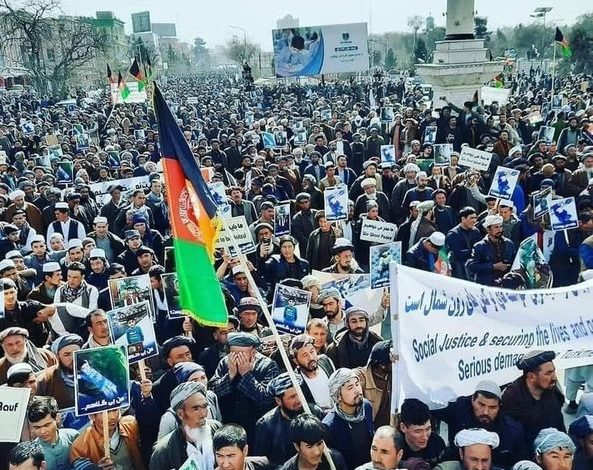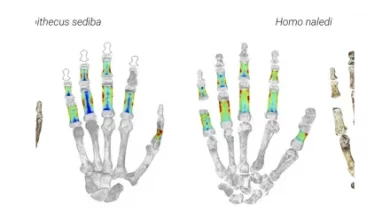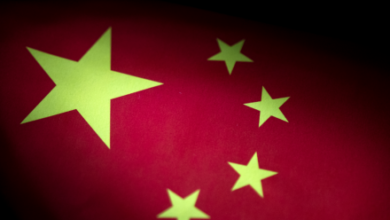An Essay On The Turks of Afghanistan

Nurullah Tac – International Trade Consultant
Although there is no reliable statistics, it is known that between 5-8 million Uzbek, Turkmen, Kyzylbash and Kyrgyz ethnicities live in the region called “Afghan Turkistan” or “South Turkistan” in Afghanistan. There are also very few Uyghurs and Kazakhs. Some of these Turkic ethnicites have lived in the region for centuries, some migrated after the Russian war and settled in this region.
History is full of bloody wars. There is hardly any neighbour that has not fought. As Freud said, “two neighbouring towns are jealous of each other, each canton looks down on the other. The closely related nations repel each other. The Germans in the South cannot hit it off with the Germans in the North.” The Indians with the Chinese, the Central Asian countries with the Russians, the Russians with the Turks, the Turks with the Armenians, the Germans with the French …the list goes on. There are many nations coming from afar and fighting in other regions, the Mongols with the Iranians, the British with the Afghans, the French with the Africans, etc.
Americans as North-South went at each other hammer and tongs for years. India was divided into 3 countries, i.e. Pakistan and Bangladesh. Ottoman and British empires disintegrated. Ibn Khaldun was telling about the demise of civilisations in the 14th century in his Muqaddima.
Fragmentation is more difficult than coherence. Let us leave the thesis that “war is a natural phenomenon as a requirement of evolution” to biologists and focus on how we should learn from the painful history.
It is a very difficult process to become a nation, a society (gesellschaft) out of a community (gemeinschaft). The state is the embodiment of this process. Although it looks homogeneous from the outside, no nation has been formed from one type of race. However, successful nations have established successful states by coming together of different races. The USA and the Ottoman Empire are examples of this. European countries were the cause of, and the most damaged parties from, the First and Second World Wars. Half a century ago, they realised that war could not get anywhere, and they decided to end the war and move forward on the path to establish a civilisation. As a result of this collective decision, they established the coal and steel community and laid the foundation of today’s EU.
Racism is a very dangerous notion. This notion has led to the emergence of people like Hitler. There is no need to unite people around racist ideas in order to establish a successful state. Nations founded around common human values are more successful and more enduring.
Another requirement of being a nation is compromise. The races and or religions that make up the nation cannot meet on common ground by imposing certain ideas without reconciling with the other. Tens of nations belonging to different races, languages, sects and religions have been able to unite under the roof of a single European Union. There are great lessons for humanity in this.
Let’s assume the opposite for a minute. Suppose a heterogeneous country such as India is breaking apart: first divided into Muslims and Hindus, then Muslims into Sunni and Shia, and Hindus into Shakti and Shiva. This time, sectarian debates, skin colour arguments, and language difference arguments begin among Sunnis and they are divided into smaller groups. Take for example Turkmenistan, with a population of 5 million. When viewed from the outside, it may be seen as if there is one type of nation, one religion, one language, a closer look will reveal that Teke tribe’s accent is dominant and other Turkmen dialects are despised. If they are divided into several parts, this time, Teke tribe is divided into at least two and the division goes up to the families. Similar example can be discussed in terms of Turkey. If the Kurds leave, this time it starts to be said that the Black Sea people have a strange dialect and do not fit the mainstream. When the Black Sea region of Turkey is diconnected, then comes time for Thrace region, etc.
Separation of the Turkistan region in Afghanistan will have similar results. Turkmens and Uzbeks will be separated from each other later, the remaining Tajik-Hazara-Pashtun will be then divided into three. Turkmens will again want to be divided into immigrant Turkmens and native Turkmens. Although it seems attractive in the short term for the Pashtuns to exclude and discriminate against the Hazaras in terms of their sect, to exclude and discriminate against Uzbeks in terms of their race, but it will not be in favour of any nation in the long run. Likewise, Uzbeks excluding Turkmens will harm both communities.
However, if we look at the example of the European Union, a win-win situation is created thanks to a rational association. The fact that the Turkic ethnicities of Afghanistan act with a pragmatic approach among themselves, will result in everyone’s favour. Turks, as a bloc, cooperating with Pashtun, Hazara and Tajiks around high national interest will lead to profit for everyone. The fair distribution of income and rights among nationalities is key to this process.



